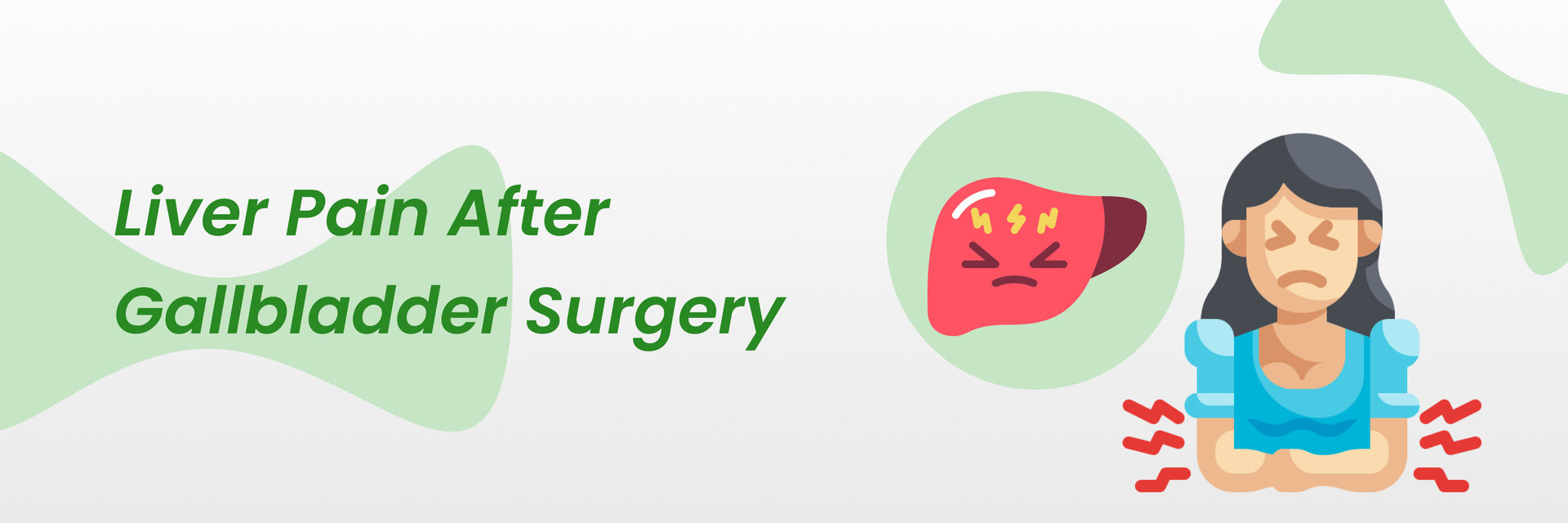The liver, often an unsung hero in the realm of health and fitness, plays a pivotal role in every athlete's performance and overall well-being. It’s not just another organ; it’s a powerhouse responsible for vital functions such as detoxification, metabolism, and energy storage. These processes are crucial for athletes, who constantly demand peak performance from their bodies. An optimally functioning liver ensures that nutrients from the food are efficiently converted into energy, wastes and toxins are effectively removed, and the body remains in a state of balanced health. This blog post aims to shed light on the importance of liver health for athletes, highlighting how a well-maintained liver can fuel your body for peak performance. Through understanding the liver's functions and the impact of diet and lifestyle on its health, athletes can unlock new levels of endurance, strength, and recovery.
The liver’s role in athletic performance cannot be overstated. It is central to converting the food we eat into the energy muscles need to function, especially during prolonged physical activity. Glycogen, stored in the liver, is a key energy source that is mobilized during exercise to ensure a steady supply of glucose to the body. This is particularly crucial for endurance athletes, who rely on this process to maintain energy levels over time.
Furthermore, the liver is responsible for the detoxification of metabolic byproducts like ammonia, which are produced in larger quantities during intense physical activity. By breaking down these substances, the liver helps prevent fatigue and maintains metabolic efficiency, allowing athletes to train harder and recover faster.
Another critical function is the synthesis of proteins important for muscle repair and growth. After strenuous workouts, the body needs to repair damaged tissues and build new muscle fibers. The liver plays a significant role in this process by producing and regulating the levels of these essential proteins.
Understanding these key functions underscores the importance of liver health for athletes. Maintaining a healthy liver ensures that all these processes work seamlessly, supporting athletic performance and enabling faster recovery times. As we delve deeper into how diet and lifestyle impact liver function, athletes can gain insights into optimizing their health for superior performance.
Key Nutrients and Foods for Liver Health
For athletes, ensuring the liver is at peak performance involves incorporating key nutrients and foods into their diet that support liver function. These nutrients include vitamins, minerals, antioxidants, and certain fats that contribute to liver health and, consequently, overall athletic performance.
- Omega-3 fatty acids, found in fatty fish like salmon, mackerel, and sardines, reduce inflammation in the liver. They also play a role in preventing fat accumulation in the liver, which is vital for maintaining its efficiency in processing nutrients and toxins.
- Antioxidants such as glutathione, found in asparagus, spinach, and avocados, and selenium, present in nuts and seeds, protect the liver cells from damage by neutralizing harmful free radicals. These antioxidants are particularly important for athletes, who may experience increased oxidative stress due to intense physical activity.
- Curcumin in turmeric is another powerful antioxidant that has been shown to protect the liver from damage and support its ability to detoxify. Incorporating turmeric into your diet can also enhance recovery by reducing inflammation.
- Foods high in fiber like fruits, vegetables, and whole grains also can aid maintaining a healthy weight and reduce the risk of liver fat accumulation. A diet high in fiber can also aid in the elimination of toxins through the digestive tract, supporting the liver’s natural detoxification processes.
- Additionally, while focusing on a nutrient-rich diet, supplements can also play a supportive role in liver health. Supplements such as Liver Health Formula from PureHealth Research offer a concentrated source of essential nutrients tailored for optimal liver function. Adding these supplements to your daily regimen can complement your efforts to support optimal liver function, energy production, and athletic performance.
Incorporating these nutrients into your diet not only supports liver health but also enhances your body's ability to perform and recover. A balanced diet rich in these key nutrients ensures that your liver functions optimally, providing a solid foundation for peak athletic performance.
Lifestyle and Training Adjustments for Optimal Liver Health
For athletes, achieving optimal liver health extends beyond diet to include lifestyle and training adjustments. Firstly, a balanced approach to training is crucial; overtraining can stress the liver, while a well-planned regimen supports liver function and overall health. Incorporating rest days and varying workout intensity can prevent overexertion, allowing the liver to efficiently process toxins and regenerate.
Adequate hydration is also essential, as it facilitates the liver’s detoxification process by helping flush out toxins. Athletes should aim to drink water consistently throughout the day, especially before, during, and after workouts. Moreover, limiting the intake of substances that can stress the liver, such as alcohol and unnecessary medications, is also vital. These substances can hinder the liver's ability to process nutrients and recover from the demands of training.
By adopting these lifestyle and training adjustments, athletes can support their liver health, ensuring it functions optimally to fuel and recover from their performance demands.
Monitoring Liver Health and Performance
For athletes, regular monitoring of liver health is key to maintaining peak performance. This involves routine medical check-ups that include liver function tests to assess how well the liver is working. Being vigilant about symptoms such as fatigue, unexpected weight changes, or jaundice can also indicate liver distress. It’s important for athletes to consult healthcare professionals for personalized advice and undergo these evaluations periodically. Recognizing and addressing any liver health issues early ensures that athletes can adjust their diet, supplements, and training regimen accordingly, maintaining their health and optimizing their performance on and off the field.
Conclusion
Liver health is a critical but often overlooked component of athletic performance and overall well-being. By understanding the liver's pivotal role in energy production, detoxification, and nutrient processing, athletes can tailor their diets, supplements, and lifestyle choices to support this vital organ. Incorporating key nutrients, making informed lifestyle and training adjustments, and regularly monitoring liver function are all essential steps. Embracing these practices ensures that the liver can effectively support the demands of athletic performance, enabling athletes to achieve their peak potential. Remember, a healthy liver is your ally in the pursuit of excellence in any athletic endeavor.







